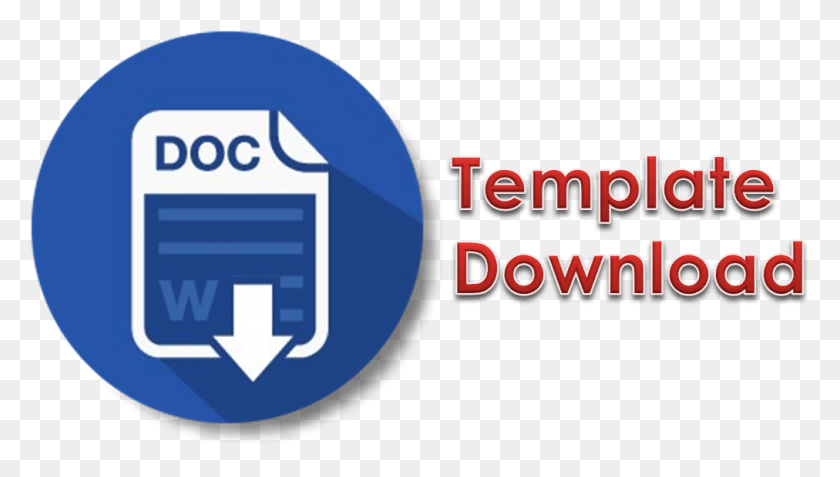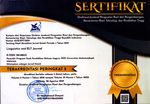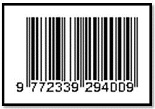Speech Acts Analysis on Teaching and Learning Process Used by the Teacher in MAN 2 Mataram in Academic Year 2016-2017
Abstract
This study was aimed at finding out Speech Acts Analysis on Teaching andLearning Process used by the Teacher in MAN 2 Mataram in Academic year 2016/2017. The method of this research is qualitative research The data of this research were the utterances performed by the Teachers of MAN 2 Mataram. The research instrument was the researcher himself. Participant is the subject from which the data obtained (Arikunto, 2010: 172)The Researcher’s participant actively classification speech act by the Teachers on teaching and learning process.T he instrument of data by using video camera and observation. To analyze the data Based on Louis (2005:181). This study used observation and video recording as an instrument of data collection, the researcher applied coding system. In this research, there are two validity principles applied by the researcher. The results of the research show that there are three classifications of speech act performed by the Teachers in the aching and learning process . The results of the research show that there are three classification of speech act performed by the Teachers in the aching and learning process. they are 4 data of locutionary act , 30 data of Illucotionary act, 7 data of Perlocutionary act . So the total of data were 41 data of speech act are used By the Teachers in MAN 2 Mataram.
Keywords
Full Text:
PDFReferences
Anwar, Saiful. 2012. A Pragmatic Analysis on Directive Utterances Used in Donald Duck Comics Manuscript. Unpublished Research Paper. Surakarta: Muhammadiyah University of Surakarta.
Cutting, Joan. 2002. Pragmatics and Discourse: A Resource Book for Students. London and New York: Routledge.
Searle, John R. 1979. Expressing and Meaning: Studies in the Theory of Speech Acts. Cambridge: Cambridge University Press
Bahtiar, Rindang. 2006. A Pragmatic Analysis on the Directive Utterances in the English Translation of Tradition of Bukhari. Unpublished Research Paper. Surakarta: Muhammadiyah University of Surakarta.
Arikunto, S. 2010. Prosedur Penelitian Suatu Pendekatan Praktik. Jakarta: PT Rineka Cipta.
Brown and Levinson. 1987.Politeness: Some Universals in Language Usage.
Dwi Purnomo, Maslathief. 2012. Diktat of Semantics In linguistics. Medan. Edinburgh: Edinburgh University Press.
Frank, Marcella. 1972. Modern English: A Practical Reference Guide. London: Griffiths. Patrick. 2006. An Introduction to English Semantics and
Pragmatics.
Krisnawati, Ekaning. 2011. “Pragmatic Competence in the Spoken English classroom.” In Conaplin Journal, Vol. I/No.1, pp. 104-111. Retrieved from journal.upi.edu/conaplin/view/625/pragmatic-competence-in-thespoken- English-classroom.html.
Hamdan, HestiSuhartini. 2005. A Pragmatics Analysis on Directive Utterances Used in John Grisham’s the Runaway Jury. Unpublished Reasearch Paper. Surakarta: Muhammadiyah University of Surakarta.
Kreidler, W. Charles. 2002. Introducing Semantic English. London : the Taylor and Francis e-library. Pretince-Hall. York: Cambrige University Press.
Arikunto, Suharsimi. 2006. Prosedur Penelitian: Suatu Pendekatan Praktek. Jakarta: Rineka Cipta
Sugiyono. 2014. Metode Penelitian Pendidikan. Bandung: Alfabeta Yule, George. 1996. Pragmatics. Oxford: Oxford University Press.
DOI: https://doi.org/10.31764/leltj.v9i1.736
Refbacks
- There are currently no refbacks.
Copyright (c) 2019 Linguistics and English Language Teaching Journal

This work is licensed under a Creative Commons Attribution-ShareAlike 4.0 International License.
_____________________________________________________
Linguistics and ELT Journal
p-ISSN 2339-2940 | e-ISSN 2614-8633

LELTJ is licensed under a Creative Commons Attribution-ShareAlike 4.0 International License.
_____________________________________________________
LELTJ is abstracting & indexing in the following databases:
_____________________________________________________
LELTJ Editorial Office:













